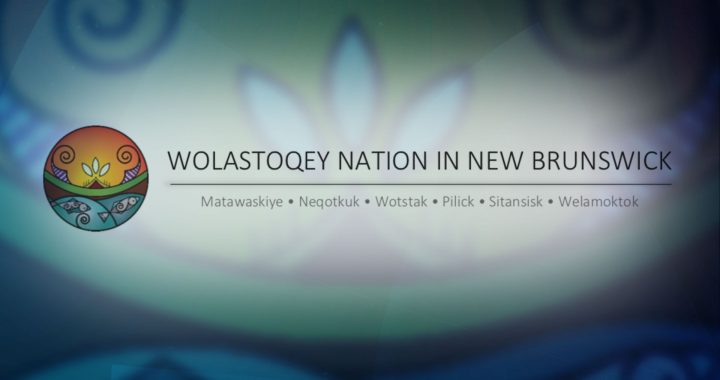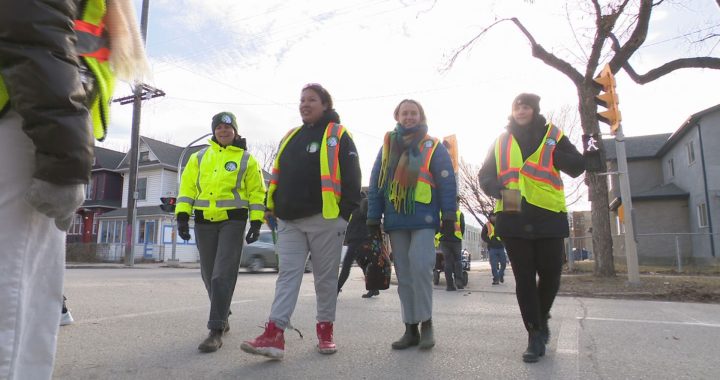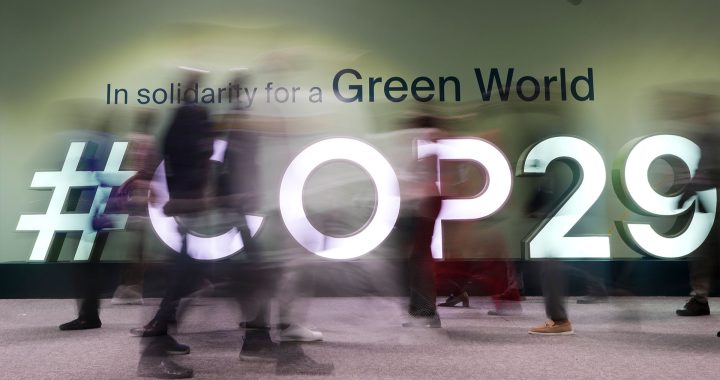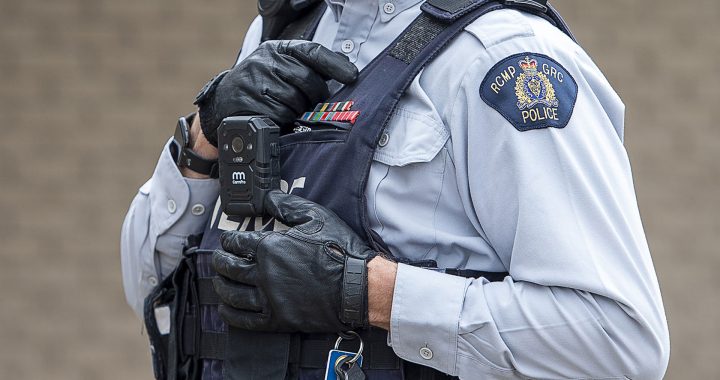First Nations organizations criticized the Canadian government in Federal Court on Thursday for relying on the Indian Act in a bid to overturn a Canadian Human Rights Tribunal decision that orders Ottawa to consider some non-status First Nations kids eligible for Jordan’s Principle.
For the fourth straight day, Justice Canada lawyer Robert Frater argued the tribunal moved the goalposts on a 14-year-old complaint about discriminatory underfunding.
And, also for the fourth straight day, the Assembly of First Nations (AFN) and First Nations Child and Family Caring Society (Caring Society) blasted him for making colonial arguments designed to save money.
“The tribunal rejected Canada’s argument that non-status individuals living off reserve are outside the complaint,” said AFN general counsel Stuart Wuttke.
“This argument is nothing more than an attempt to narrow the scope of Jordan’s Principle and limit Canada’s financial obligations to those individuals that Canada recognizes predicated upon its racist and colonial policies.”

Frater had just launched the second of two judicial reviews before Justice Paul Favel, a member of Poundmaker Cree Nation in Saskatchewan.
Earlier this week, Frater argued the tribunal lacked enough evidence of “real harm” to compensate individual victims of systemic discrimination in the child welfare system.
He now pushes the point ahead, saying the tribunal also lacked evidence non-status First Nations kids experience racial discrimination at the hands of the state.
“What the tribunal was doing here was simply making policy. There’s no other way to describe it. They had no complaint before them about this group of individuals, no evidence that could substantiate a claim of discrimination,” he said.
“The complaint has to mean something, and the complaint proved discrimination against children on reserve. The complaint does not, respectfully, give the tribunal a roving commission to right all wrongs.”
‘The tribunal clearly does not like the Indian Act’
In November 2020, the tribunal ordered Canada to consider First Nations children living off reserve eligible for Jordan’s Principle if they have or are eligible for Indian Act status; have a parent who has or is eligible for status; are recognized by their nation; or ordinarily live on reserve.
The quasi-judicial panel of Sophie Marchildon and Edward Lustig also ordered Canada to reimburse First Nations for costs they incur while determining whether a non-status kid is a nation member.
Jordan’s Principle is named for Jordan River Anderson, a Norway House Cree Nation boy born with complex medical needs in 1999.
Jordan spent his entire life in hospital because Manitoba and Ottawa couldn’t agree on who would pay the costs of his home care. The governments were still squabbling when he died at age five.
The principle was adopted by Parliament in 2007 to ensure First Nations kids have prompt access to essential social services. It crystalized in 2017 when the tribunal defined it as a legal rule Canada is obliged to uphold, a decision Canada did not appeal.
Frater’s positions suggest Ottawa views the 2020 decision as extending Jordan’s Principle too far.
“We’re not seeking to roll back Jordan’s Principle — at least as it was conceived of in the 2017 decisions,” said Frater, one of the Justice Department’s top lawyers.
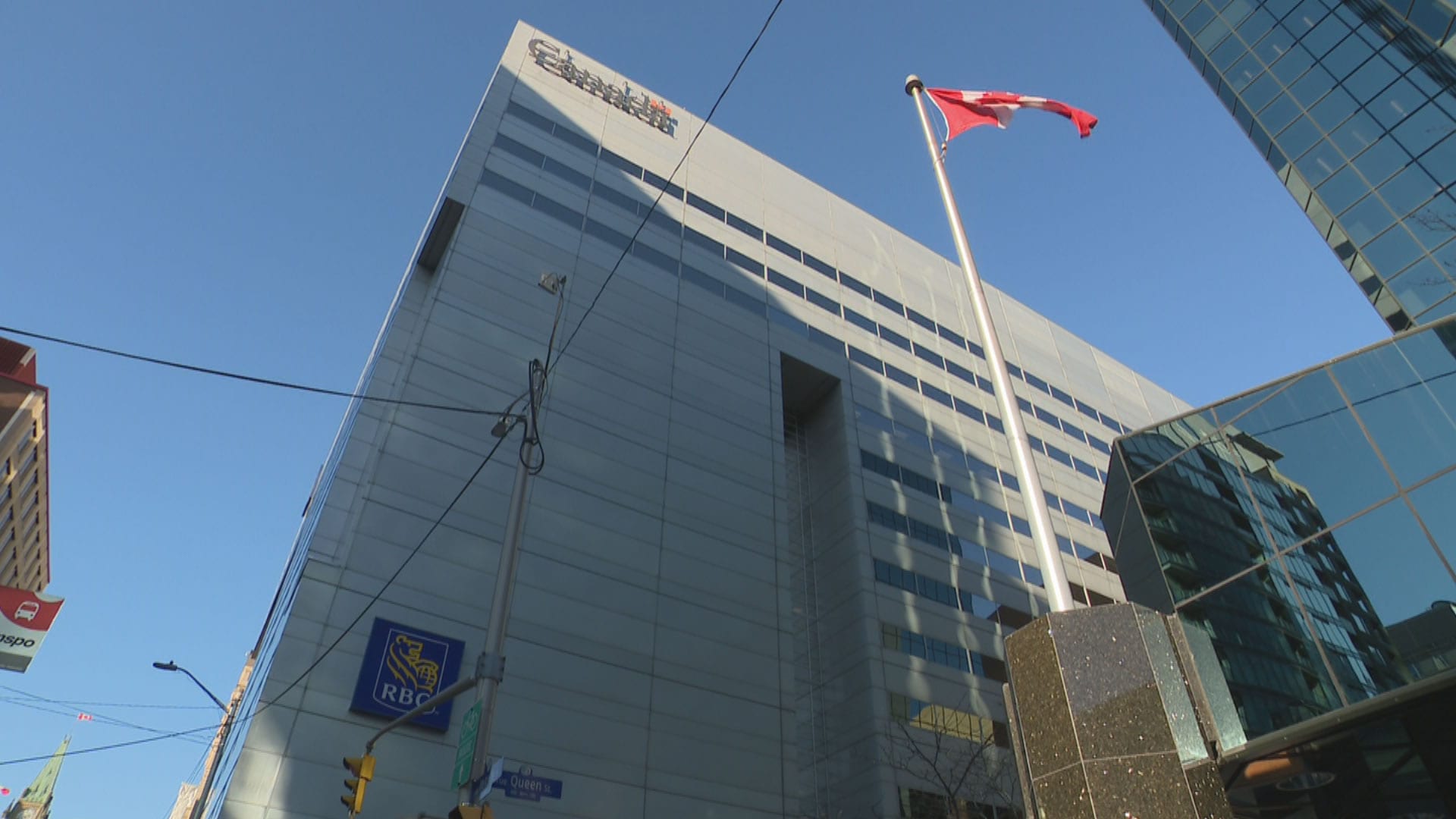
Frater got some probing questions from Favel when he suggested the Caring Society and AFN should’ve filed a constitutional challenge if they consider the Indian Act so discriminatory.
“The tribunal clearly does not like the Indian Act, but that does not mean that Canada is compelled to ignore it,” Frater said. “The tribunal cannot simply determine unchallenged legislation to be discriminatory and disregard it.
“No amount of citing to international law, or references to the quasi-constitutional status of the Canadian Human Rights Act allows you to simply avoid the issue.”
But, the judge asked, “Is it a requirement to legally challenge things? Or can people, groups, talk about discriminatory aspects of legislation and find practical ways to work something out?”
Frater conceded the Caring Society and AFN “may be right” the Indian Act’s narrow definition of “who is an Indian” is discriminatory. But he fell back on his contention the tribunal, in any case, lacked evidence to rule on the matter.
“It really comes down to that simple point,” he said, “so we are asking that his order be set aside. There is no point, in our submission, returning the case to the tribunal.”
The Caring Society, through its lawyer David Taylor, rejected this argument as absurd.
“This is the latest in a long series of attempts by the federal government to close the door on substantively equal access to public services for First Nations kids,” Taylor said.
“It’s vital to note, that in its effort to close the door, the federal government clings to one of the chief colonial instruments that Canada has wielded to wreak havoc on First Nations cultures over the decades — that’s status under the Indian Act.”
Taylor said Ottawa isn’t being ordered to pay for everything these off-reserve kids request, but simply to allow their requests through the door for consideration.
He argued the tribunal has not become an open-ended “roving commission.” He said the panel offered the government wide latitude to reform its discriminatory policies and funding formulas.
“If there’s any evolution through further orders, that’s as a result of Canada’s failure to come into compliance,” said Taylor.
Argument of inadequate consultation ‘ludicrous’
On Dec. 22, 2020, when it announced the judicial review, Indigenous Services Canada said it would expand Jordan’s Principle to kids recognized by their nation regardless of the outcome, explaining Ottawa was concerned primarily about consultation and jurisdiction.
“The tribunal’s decision was made without broad participation of First Nations communities and is a clear overreach of the tribunal’s jurisdiction,” the government said. “The legal issues around the scope of the tribunal’s authority to issue these decisions are important ones on which we seek further guidance from the Federal Court.”
Taylor suggested that this point is a logically incoherent, smoke-and-mirrors tactic.
“Assertions that further discussions are required with First Nations are a further example of bafflegab from Canada,” he told the court.
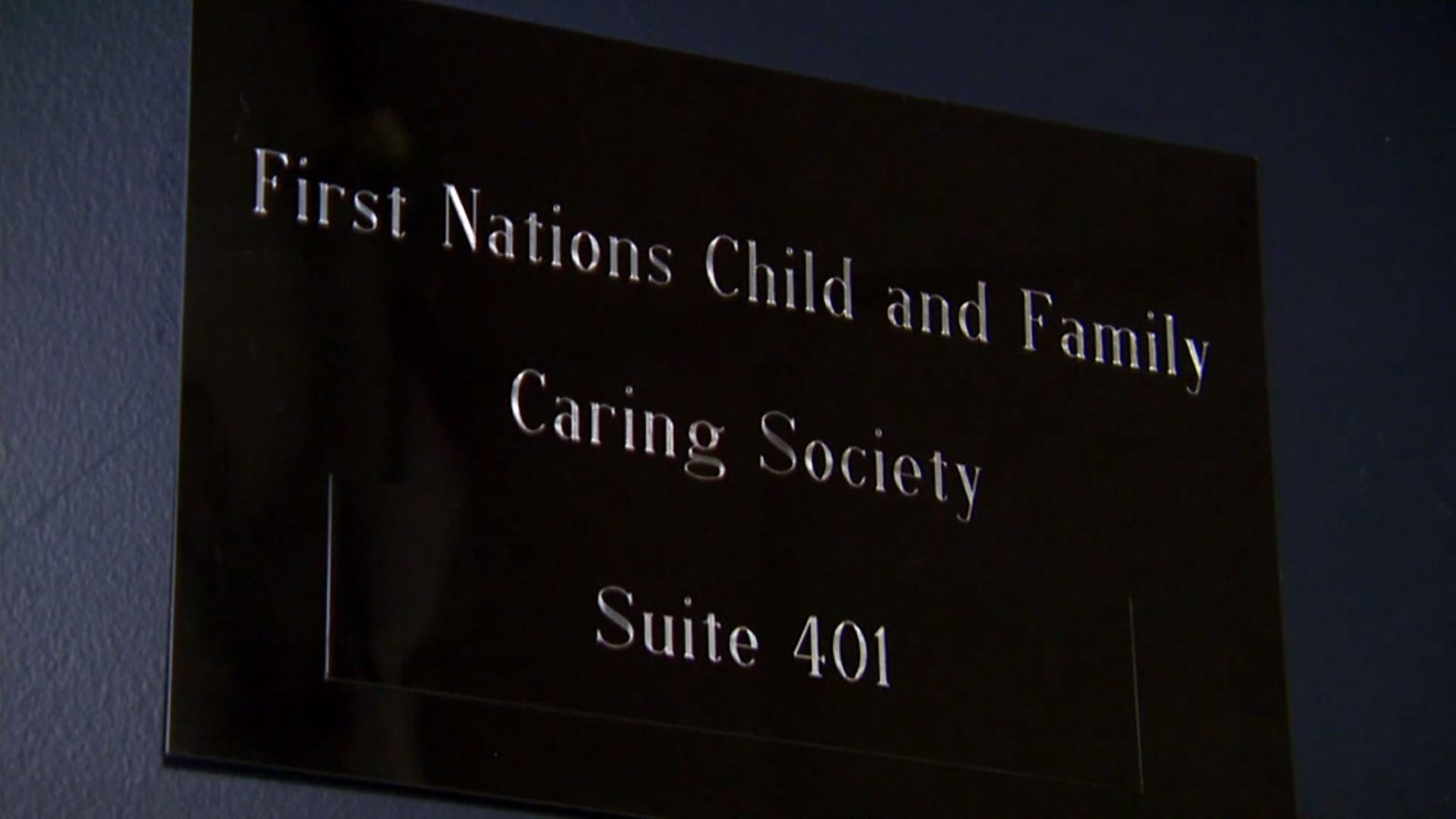
“These are not the actions of a party looking to engage in transparent dialogue with First Nations in order to ascertain their views of a proper definition: They are the actions of a government hiding the ball.”
Maggie Wente, lawyer for the Chiefs of Ontario, also flagged Canada’s arguments about consent and consultation.
“If we’re looking for all 630-plus First Nations in Canada to consent before a legal decision is made that affects them, well then we’re never getting there,” said Wente. “That’s just, in our submission, ludicrous.”
She said Canada is not compelled to follow the Indian Act — as Frater suggested — citing things like self-government agreements and custom membership codes that create ways around it. She argued the tribunal’s decision to go beyond the act was consistent with domestic and international law.
She noted that legislation requiring Ottawa to harmonize its laws with the UN Declaration on the Rights of Indigenous Peoples just passed the Senate and now awaits royal assent.
“The Indian Act is the aberration,” she said.
“The Indian Act is the past.”
The judicial review is scheduled to finish on Friday.




